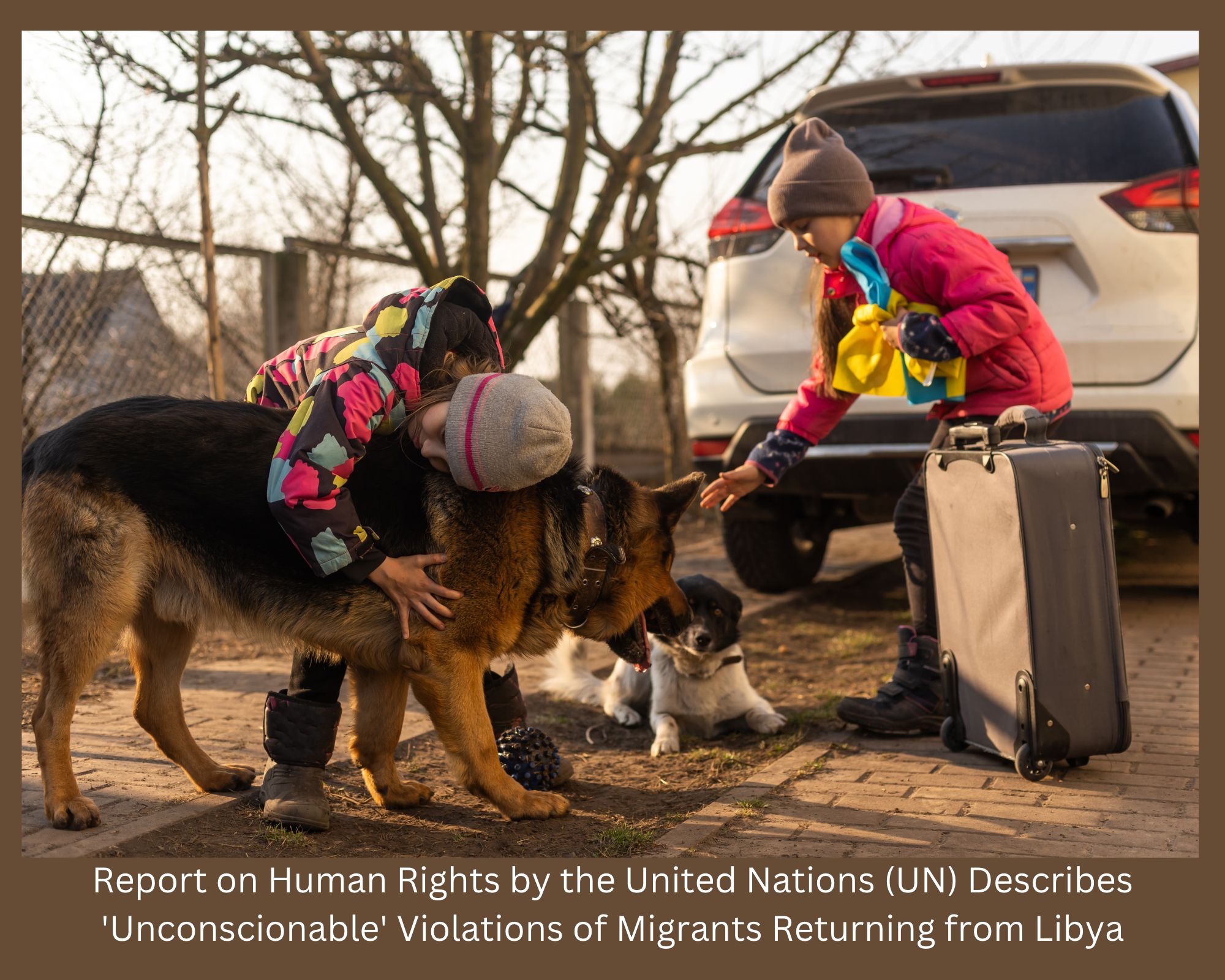Summary:
Migrants in Libya are forced to accept so-called “assisted returns” to their countries of origin. Many find themselves victims of pervasive and systematic human rights violations. Lack of protection leads to prison conditions, threats of torture, sexual assault, enforced disappearance, extortion, and other abuses. More than 60,000 migrants in Libya have been returned to their home nations in Africa and Asia since 2015. At least 3,300 Gambians have been produced since 2017. Returnees experience additional psychological, financial, and personal hardships, partly because of the terrible trauma they experienced in Libya.
According to a UN human rights report published on Tuesday, migrants in Libya who are forced to accept so-called “assisted returns” to their countries of origin frequently find themselves as victims of pervasive and systematic human rights violations and abuses in settings that fall short of international human rights laws and standards.
Nada Al-Nashif, the UN High Commissioner for Human Rights, said, “This terrible situation needs all responsible for ensuring that no migrant is forced to accept assisted return to a hazardous or unsustainable condition in their country of origin.”
Migrants are treated poorly due to a lack of protection inside and outside Libya as they attempt to avoid cruel prison conditions, threats of torture, sexual assault, enforced disappearance, extortion, and other abuses.
The paper claims that “these circumstances have produced a coercive atmosphere frequently incongruous with free choice.”
Do the math
In theory, “aided returns” are entirely optional.
According to international human rights law and norms, including the idea of free, prior, and informed consent, the investigation reveals that many migrants in Libya are unable to return legitimately.
According to the survey, many people discover that they are forced to go back to the exact situations that led them to leave their home nations in the first place.
Long-lasting effects
The report cautions that “any immigrant who is returned to a country experiencing adverse drivers and structural factors that compel people to leave their country of origin, including human rights violations and abuses; the negative effects of climate change and environmental degradation; armed conflict; persecution; or a combination of these reasons, may end up in an even more vulnerable situation than before.”
Returnees also deal with additional psychological, financial, and personal hardships, partly because of the terrible trauma they experienced in Libya.
The report continues, “Migrants may feel driven to leave again, in even more difficult circumstances, in the absence of durable solutions to these concerns.”
Beating people mercilessly
It also includes testimonies from some of the 65 immigrants recently repatriated to the Gambia and questioned by the UN human rights office (OHCHR).
“They took me to jail. But even then, I didn’t consider returning to the Gambia. Once inside, they started beating individuals like animals with a stick. They would occasionally steal your cash and expensive clothing. My teeth were broken. One of the migrants remarked that I had consented to being sent back.
Another person said, “I didn’t have the opportunity to ask for protection in Libya or abroad.” I was only given the option to return home.
‘Untenable’ circumstance
Through “assisted return” initiatives, more than 60,000 migrants in Libya have been returned to their home nations in Africa and Asia since 2015. At least 3,300 Gambians have been produced since 2017.
Ms. Al-Nashif emphasised that “Libya and the concerned States should take immediate action to urgently resolve this untenable, abominable situation,” adding that “Libyan authorities should immediately halt any violations and abuses of migrants’ rights.”
According to the top UN official, other states must “step up and provide more protection to migrants detained in Libya by increasing safe and regular avenues of entrance to their territories.”
Analysis by: Advocacy Unified Network

